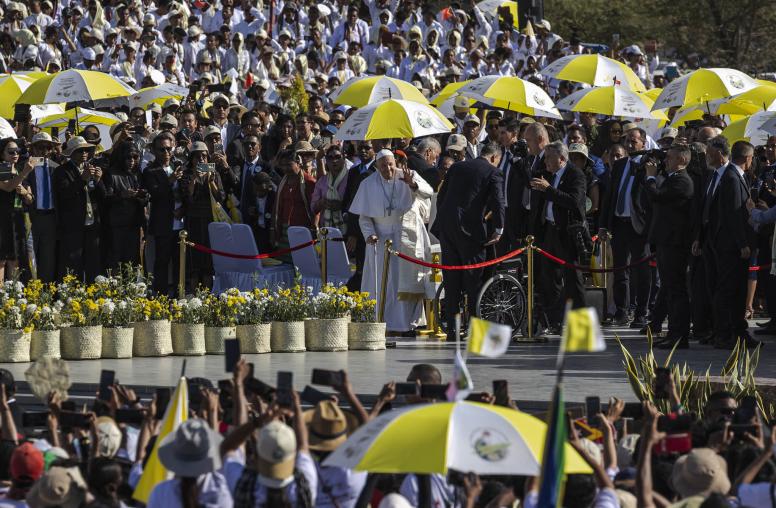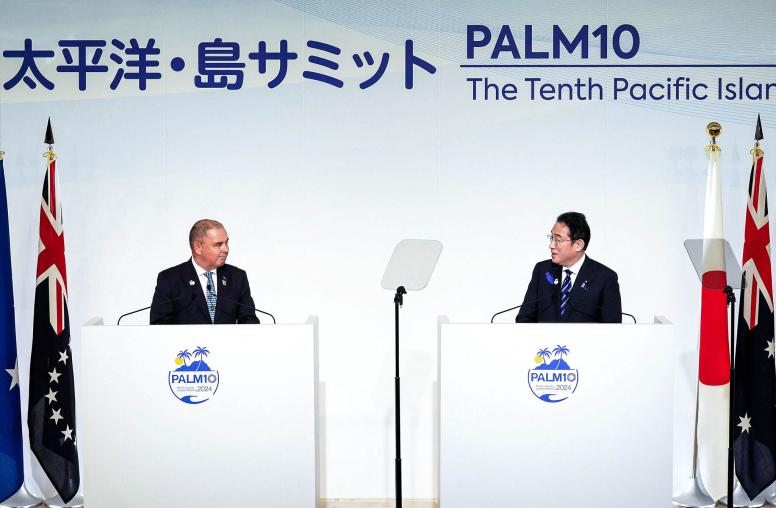Light Intervention
Lessons from Bougainville
Regan examines the ideal conditions for light international intervention and analyzes the remarkably successful Bougainville peace process, which ended the apparently intractable, violent, and deeply divisive separatist conflict that for much of the period from 1988 to 1997 destabilized both Papua New Guinea and the wider Pacific islands region.
"Regan's analysis is profound, his assessments well established, and his recommendations highly original. This book shows what a through case study analysis of a specific, successful, peacebuilding process can contribute to the scholarly and political debate on the problems of international peacebuilding interventions."
—Voelke Boege, reserach fellow, University of Queensland
This volume analyzes the remarkably successful Bougainville peace process, which ended an apparently intractable, violent, and deeply divisive separatist conflict that for much of the period from 1988 to 1997 destabilized both Papua New Guinea and the wider Pacific islands region. International intervention in Bougainville achieved the much-desired light footprint, marked by less activist international involvement and a high degree of control by parties to the process. Anthony Regan contends that the success of this process makes it an important case for examining the advantages and ideal conditions for a light international intervention.
Regan outlines the origins, features, and impacts of the conflict; examines the key dynamics of the peace process that enabled local actors to initiate and largely control it; and focuses on why a light intervention was possible in this case. He also assesses the limitations of this approach. In particular he provides twenty-five lessons highlighting the dynamics contributing to the outcomes in Bougainville and insights and points of reference for those planning interventions in other contexts.
A constitutional lawyer who specializes in constitutional development as part of conflict resolution, Anthony Regan has lived in Papua New Guinea (PNG) for seventeen years and in Uganda for more than three years, and has advised the PNG government on decentralization policy and law, and been a full-time adviser on post-conflict constitutional development in Uganda. He has advised Bougainville parties in the peace process since 1994 and been involved in the Solomon Islands and Sri Lanka peace processes, the constitution-making process in East Timor, and advised Nagaland parties in their conflict with India. He was a senior fellow at the U.S. Institute of Peace from 2004 to 2005.



